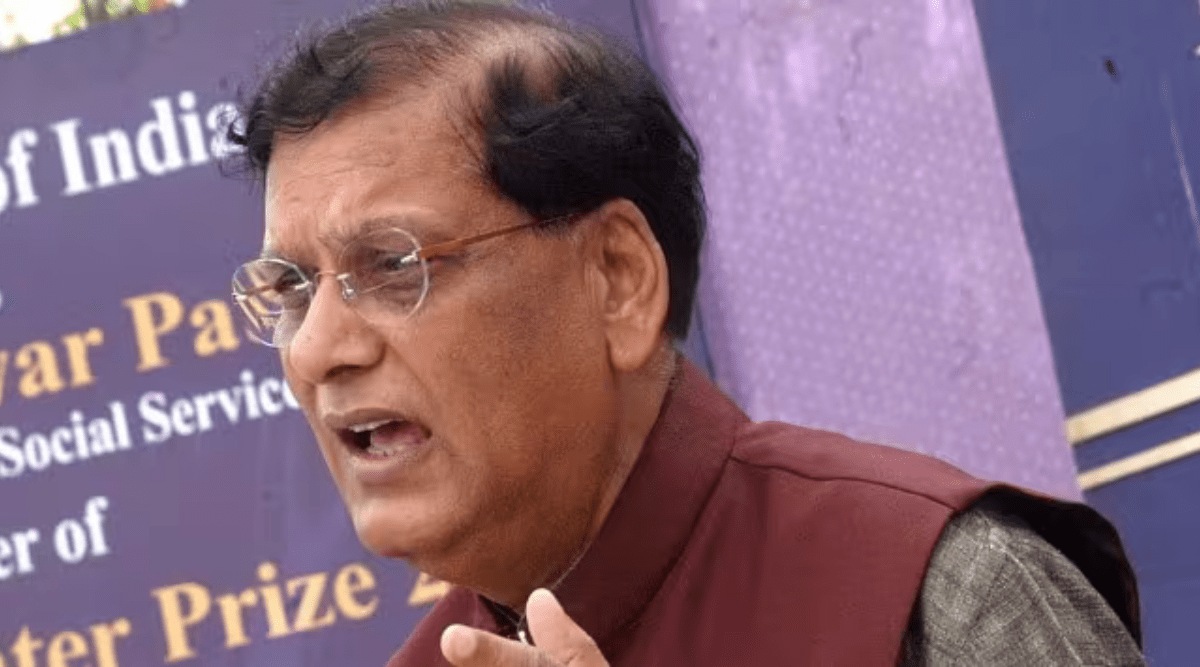
As a living civilisation, we have been witness to several social reform traditions in our journey. Bindeshwar Pathak represented one such tradition, which was premised on the idea of social cohesion or samrasta in our understanding. As a Brahmin, he was initially derided in his own community and family for making sanitation the mission of his life. None other than his own father-in-law was, for a considerable amount of time, of the opinion that he committed a great mistake by marrying his daughter to Pathak. Nevertheless, the sheer persistence of the man led him to create Sulabh International which eventually became synonymous with the idea of public toilets in the country.
Nobel Prize-winning author V S Naipaul said in An Area of Darkness that, “Indians defecate everywhere. They defecate, mostly, beside the railway tracks. But they also defecate on the beaches; they defecate on the hills; they defecate on the river banks; they defecate on the streets; they never look for cover.” As a society, we have reconciled with some gruesome realities in the past like open defecation and manual scavenging. Pathak waged a war against both. His life and work operated on the sentiments and emotions of people who were told that they were destined to work as manual scavengers. For instance, before the abrogation of Article 370, Valmikis in Jammu and Kashmir were de facto not allowed to pursue any other occupation apart from those related with sanitation as this profession was linked with their domicile status. The practice of continued discrimination has been a part of our daily lives. Dalit literature is replete with the pain and agonies of manual scavengers. Noted contemporary Dalit authors from Sharankumar Limbale to Naimishrai have written extensively about this in their books and anthologies. This injustice must be a collective responsibility because people dying in the process of cleaning human waste is unacceptable in this day and age.
Today, multiple international agencies like UNICEF and WHO have commissioned studies on the remarkable impact of the Swachh Bharat Mission on the lives of those who got used to the idea of subjugation. From massive savings in health-related expenditure to an impactful growth in the numbers of gross enrolment rate of girl children – SBA is in the process of realising our long-cherished goals. As a nation, we are marching in the right direction: According to the RBI, we are set to become the third-largest economy in the world. Financial untouchability was prevalent until a few years ago. With PMJDY there will be more than 50 crore bank account holders in the country.
The real tribute to Bindeshwar Pathak would be the country coming together to bring an end to all forms of discrimination. In India, a Brahmin dedicating his life to the cause of the Dalits and the other marginalised sections is neither an exception nor an example. It is simply a tradition that goes from Kabir to Phule to Ambedkar to Pathak. Pathak’s life offers an insight into paths of reconciliation and not confrontation. Dalit groups across the nation must celebrate Pathak and evolve mechanisms to reach an ideal stage of social harmony by adopting a constructive and solution-oriented approach like Pathak.
The writer is Assistant Professor of Law at Patna University and National Spokesperson, BJP